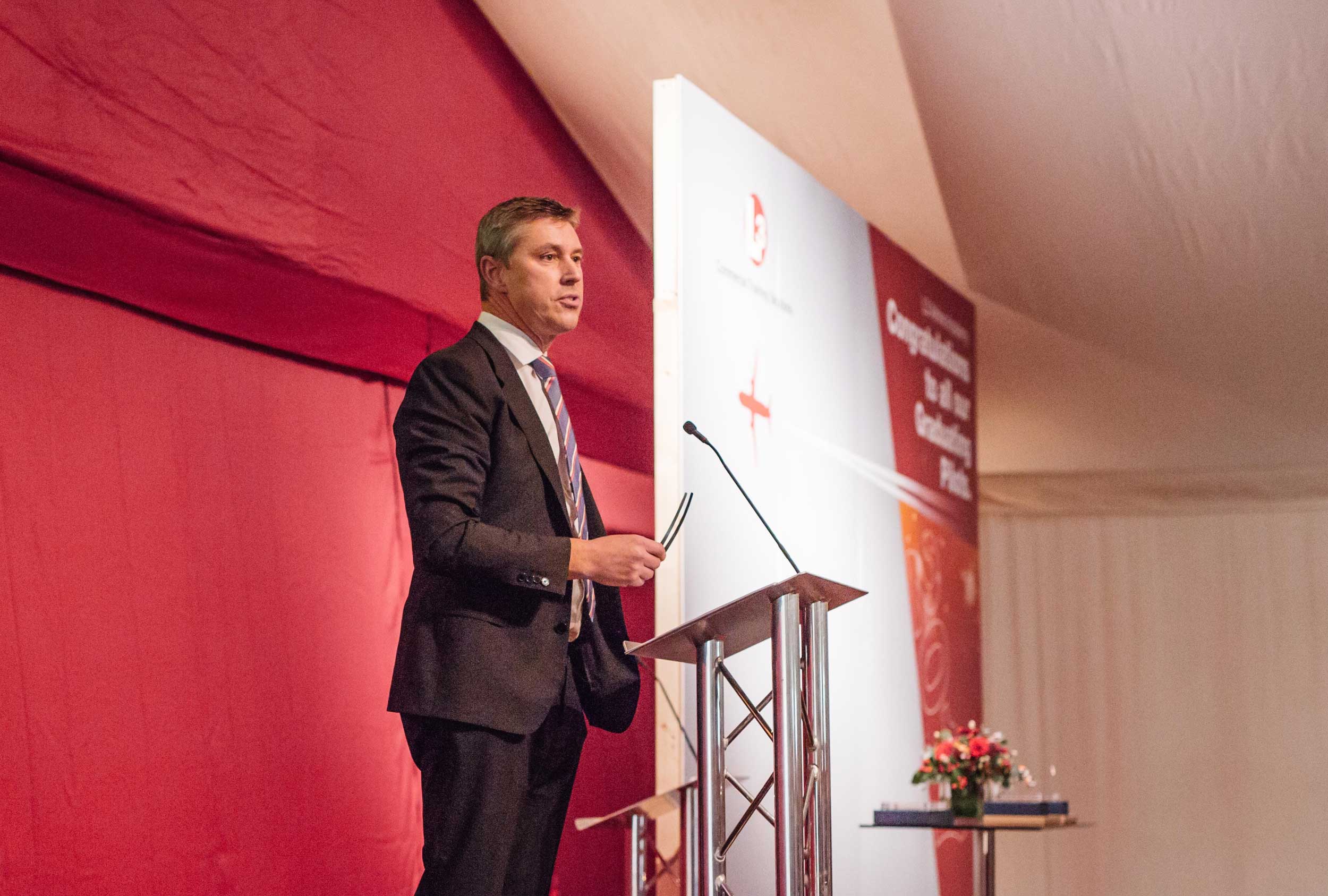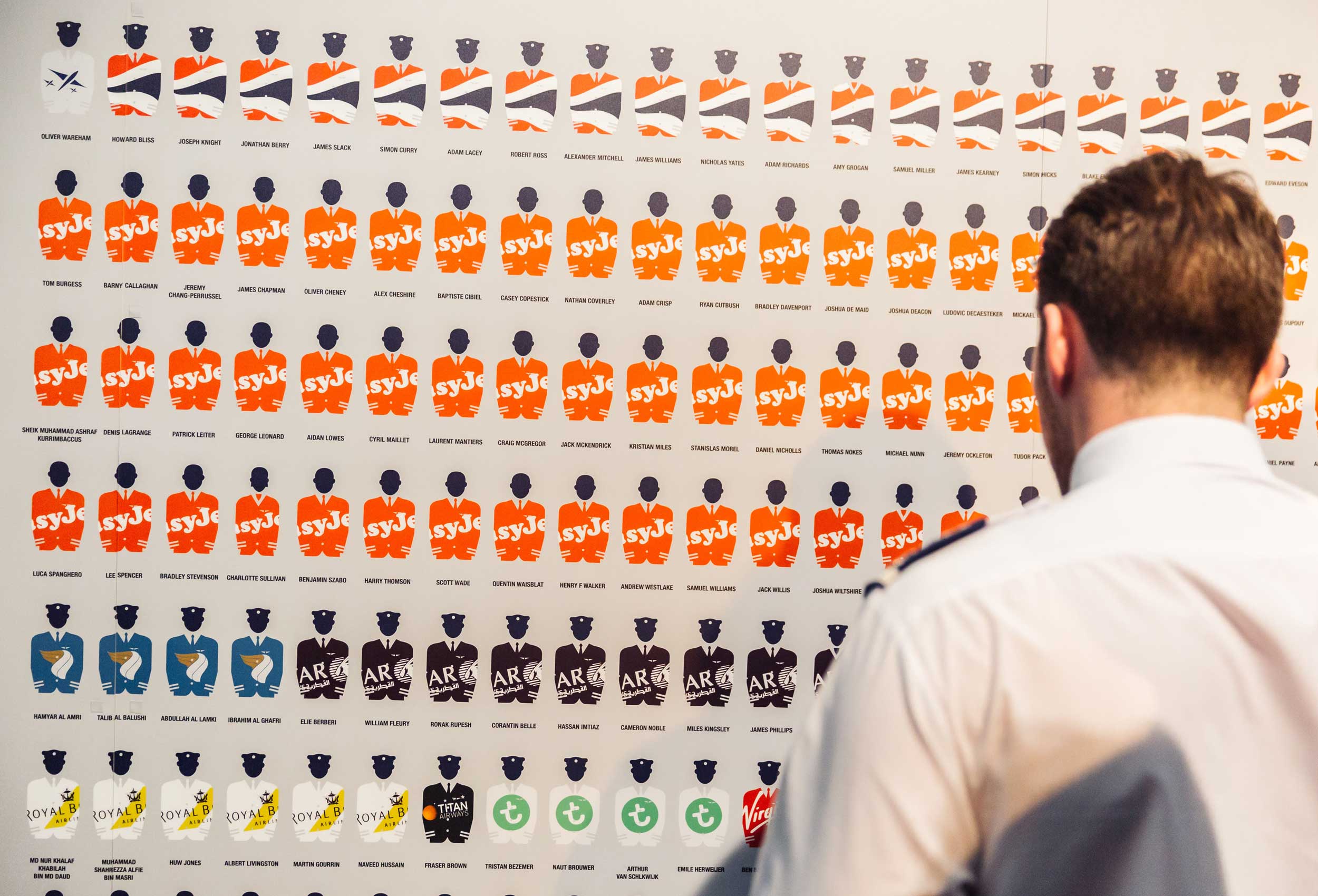The aviation industry has to find a way of opening up professional pilot training to a wider number of people, a more diverse mix coming from all backgrounds and genders – that was the message from Robin Glover-Faure, president of L3 Commercial Training Solutions at the company’s annual graduation ceremony in December.
“It is difficult not be frustrated that enough hasn’t been done to improve the diversity mix of this new generation,” said Glover-Faure.
“This is a significant issue for the industry. Not only because it is the right thing to do, but also because it will help us to fill the pilot shortage and raise industry standards as we attract untapped talent into the professional pilot gene pool.
“We are looking for individuals with teamwork, inclusivity, rational thinking, analytical reasoning and strong communications skills – these skillsets do not belong to just one demographic or gender.
“The issue of attracting new talent into piloting has never been more important. Research suggests that over the next five years the global demand for professional pilots requires 30,000 pilots every year.
“There is no point in an airline, or airplane manufacturer for that matter, buying or making new airplanes if there is no one to fly them. The industry has to find a way of opening up the supply of high quality individuals that can fill the increasing demand in 2018 and beyond.”
Glover-Faure went on to say that L3 CTS is supporting a three-point action plan:
- “We are promoting the role of pilot as an inclusive career choice at schools, universities and careers fairs and showcasing the financing opportunities available.
- “The industry is taking the right steps to target specific groups, with initiatives aimed at challenging the industry stereotypes and improving the number of female new entrant pilots through offering to underwrite the loan for a select group of cadets. L3 CTS is prepared to support these types of initiative with our own financial support.
- “From a regulation perspective, more could be done to make funding accessible for more people. For example, VAT on professional pilot training increases the financial barriers and can weaken the pilot training sector in the UK compared to locations across Europe – other professions enjoy taxpayer funded training or at very least relief of VAT on vocational training.
“Furthermore, the UK government could play a role to directly support access to funding by extending student loans to vocational training such as pilot training – providing funding that will be repaid with interest. The government could also support access to funding by offering security through underwriting loans, much like they do for qualifications in career routes such as accountancy and law.
“If we can increase the diversity it would not only signal social progress it will help the sector meet the pilot demand required for growth and would significantly contribute to the overall skills and capabilities of our industry’s pilots.”


